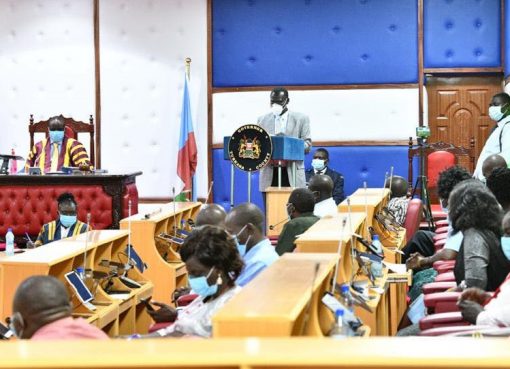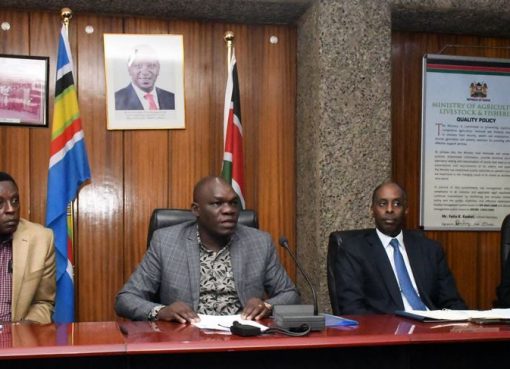The Muslim holy month of Ramadhan has entered the last crucial ten days in which Muslims believe it’s the period that conceals the Night of Power when the holy Quran (Koran) was first revealed to Prophet Muhammad (peace be upon him).
Ramadhan is a month of fasting, reflection, devotion, generosity, and sacrifice observed by Muslims around the world.
Fasting is compulsory upon every Muslim male or female but exemptions include children under the age of puberty, insane people, men and women who are too old to undertake the obligation of fasting.
Others include sick people whose health is likely to be severely affected by the observance of fast, pregnant women and women breast-feeding their children and women in the period of menstruation.
Ramadhan is one of the five pillars of Islam in which Muslims abstain from food, drinks and bodily pleasures from dawn to dusk for a 30 day period and this year the fast started on 23rd March 2023, and ends on Friday 21st April 2023, depending on the sighting of the moon.
The start of Ramadhan fluctuates each year because the lunar Islamic calendar follows the phases of the moon.
Laylatul-Qadr, the Night of Decree or Night of Power is one of the most sacred nights in the Islamic calendar.
“And what will explain to thee what the Night of Power is? The Night of Power is better than a thousand month,” (Koran 97:2-3).
This means that when a good deed is performed on Laylatul Qadr it is as if that deed has been performed for more than 1,000 months.
The Night of Power is an honour and special gift to the Muslim Ummah (community) and the prophet’s mission began in the month of Ramadhan on that Night.
The Grand Mufti of Kenya Sheikh Omar Buya says during Ramadhan, Muslims aim to grow spiritually and build stronger relationships with God by praying and reciting the Koran.
The grand mufti sits as one of the highest authority on Islamic law and theology and issues legal opinions and edicts and interpretations of Islamic jurisprudence.
Sheikh Buya says the fast is intended to bring the faithful closer to Allah and to remind them of the sufferings of the less fortunate members of the society.
The cleric says Muslims choose to spend the last ten days of Ramadhan in seclusion (mosques), where one solely focuses on worshipping Allah and refrains from involvement in worldly affairs.
“It is a time to reflect, increase worship and to increase one’s religious knowledge,” he said.
He says Ramadhan is a month of mercy and bonding and spreading happiness all around and urges Muslims to pray for peace, prosperity and tranquility in the country.
Muslims further believe that the Power implies measurement, that all the events of the year will occur in accordance to the exact measurement of what is in the knowledge of Allah as stated in the holy Koran “Verily, all things have We created in proportion and measure,” (Koran, 54:49).
Muslim faithful stream to the mosques at night in the last crucial ten days to devote themselves to special deeds and say special Ramadhan nightly prayer (Tahajjud).
The last days and nights hold even more significance as they are full of even greater reward and blessings.
The Tahajjud is a special Islamic prayer which is recommended (but not compulsory) for all Muslims.
The Tahajjud is prayed after Isha (the required nightly prayer) and before Fajr (the required Morning Prayer). If possible it is most desirable to perform the Tahajjud between midnight and Fajr.
The exact date of the Night is however concealed thus Muslims double up their efforts in the last days but there is evidence that the night comes on the odd nights.
In a Hadith (Sayings) of the prophet quotes ”Seek it on the odd nights of the last ten days of Ramadhan.” (Vol.3:1290).
The Prophet said: “Whoever prays during the night of Laylatul Qadr with faith and hoping for its reward will have all of his previous sins forgiven.” (Bukhari and Muslim)
The Prophet (peace be upon him) used to single these nights out for worship and the performance of good deeds.
Ramadhan ends with a special holiday, Eid al-Fitr- the festival of breaking the fast.
It is the earlier of the two official holidays celebrated within Islam the other being Eid-al-Adha (feast of the Sacrifice).
By Hussein Abdullahi





